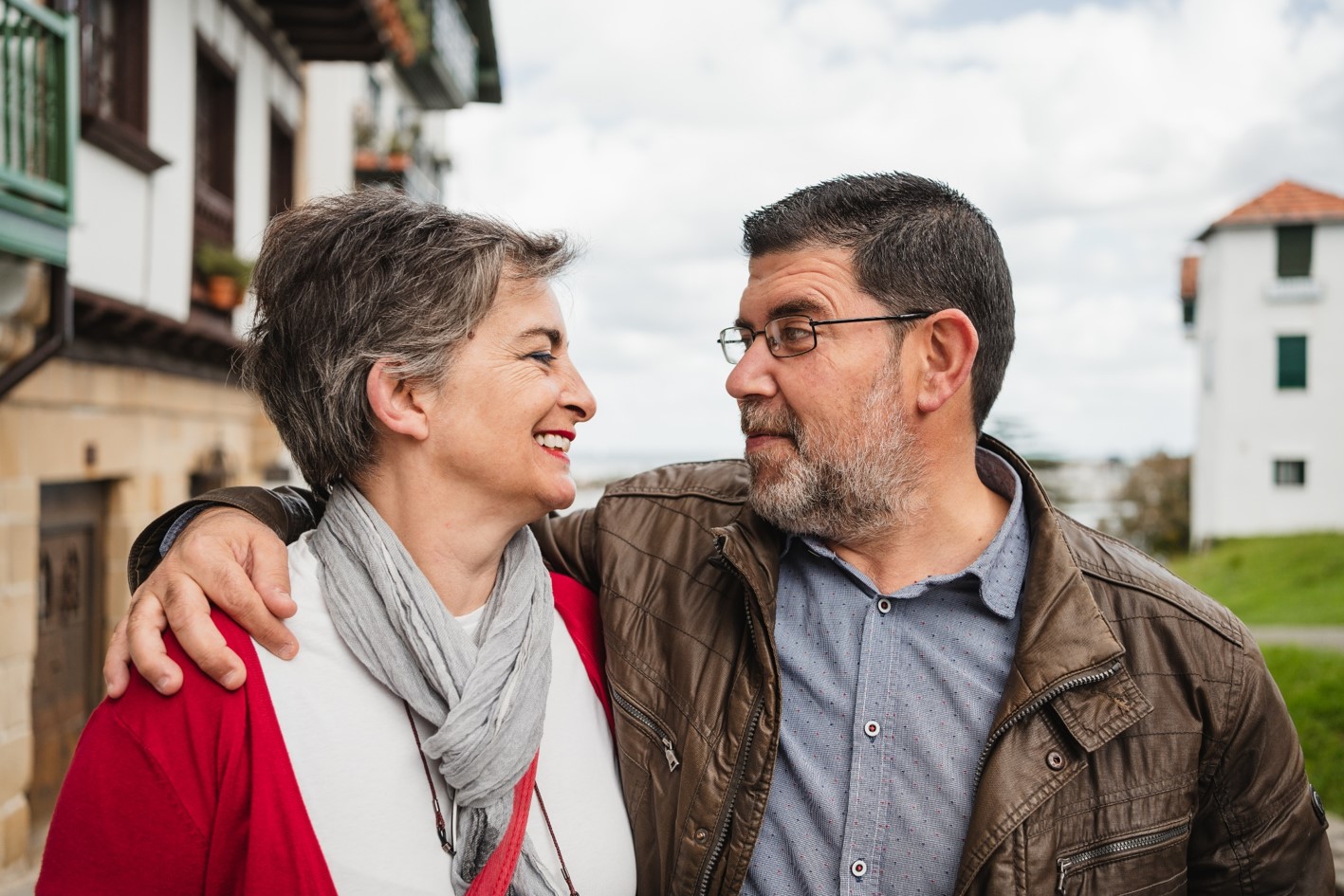The keys to inheritance and wills in Spain


Inheritance is the transfer of assets, obligations and rights to a person from another who has died. Inheriting involves paperwork and taxes, as we will see below.

The important moments people can encounter in their lives, like getting married, having children and buying a home, can involve some red tape. The same can be said about inheritance.
Steps for claiming and receiving an inheritance
When receiving an inheritance or legacy, we must carry out several formalities.
In countries like Spain, the first step is obtaining a death certificate at the Registro Civil (civil registry), in addition to an official record of testacy. With these two documents in hand, we can go to a notary and request a probate.
Furthermore, an inventory is made of the deceased’s property and possessions, which will subsequently be distributed among designated heirs. We must be mindful of inheritance tax obligations, which can vary case by case. We must also settle any debts the deceased had. For more details, read this post in Finanzas para Mortales (Finance for mortals).
In general, any life insurance payments beneficiaries receive are not treated as part of the deceased’s estate.
What happens to the deceased’s bank accounts?
Closing the bank accounts and cancelling the products people have after they die is official procedure. What steps should heirs take?
The first step is letting the bank know our loved one has passed away and requesting a bank statement that certifies account balances and ownership of banking products. The bank will freeze products until the executor or administrator distributes the estate, and will only allow withdrawals to pay for funerary rites, including interment. In general, heirs should carry out other formalities, as this guide on the Santander España blog explains

How can an estate be distributed among beneficiaries?
At a certain point in people’s lives, they decide the time is right to dictate how they will distribute their estate in writing, and there are many ways they can do it. They can name an executor or administrator that will settle debts or required transactions before distributing their estate to each heir. They can request their estate be distributed by a probate court according to the law or by an arbitrator appointed by the parties to their will. Otherwise, they can give specific instructions to distribute their estate after they die (in compliance with due process, as some jurisdictions have forced heirship).
When people don’t leave a last will and testament, their heirs can draw up an agreement before a notary public to determine how to distribute their estate.

To claim or disclaim: that is the question.
If an inheritance attaches debts or taxes payable that exceed its value, heirs can choose to disclaim it (for more details, read this article from Finanzas para Mortales), which they will need to formalize in an instrument signed before a notary public.
What is a will?
When someone who dies leaves a will, it will be key to any claims on their estate. A will is a person’s voluntary statement stipulating what they want to happen with their property and possessions after they die and who will receive each possession.
To deliver a will, we just need to go to a notary with a valid form of ID. We can amend it as many times as we deem appropriate. If you want to learn more about how to draw up a will, read this article from Santander Mexico or this one from Finanzas para Mortales.
The estate is what the heirs the will names receive. It can be property, money or even a car.
Lawyers specializing in probate proceedings can be helpful at certain stages of this process.
What countries tax inheritance?
In many countries, governments require people to pay taxes on the estates they inherit. Chile has a tax on inheritance, funeral aid and gifts. In Mexico, only inherited real property is taxed. Spain has an inheritance and gift tax. You should seek advice from a probate lawyer or tax adviser to make sure you comply with the tax obligations in your country.

Why is there an inheritance and gift tax?
The inheritance and gift tax applies to the estate an heir voluntarily claims as inheritance, having waived the right to disclaim it. In Spain, it is different in each self-governing region. You may have to pay some taxes before you can claim the estate.
If you want professional help to calculate the taxes you’ll have to pay based on your country of residence and personal circumstances, you should seek advice from tax experts who know the ins and outs of inheritance and gift tax and other laws. If you prefer to go through the entire administrative process with expert advice, you can hire a probate lawyer.






